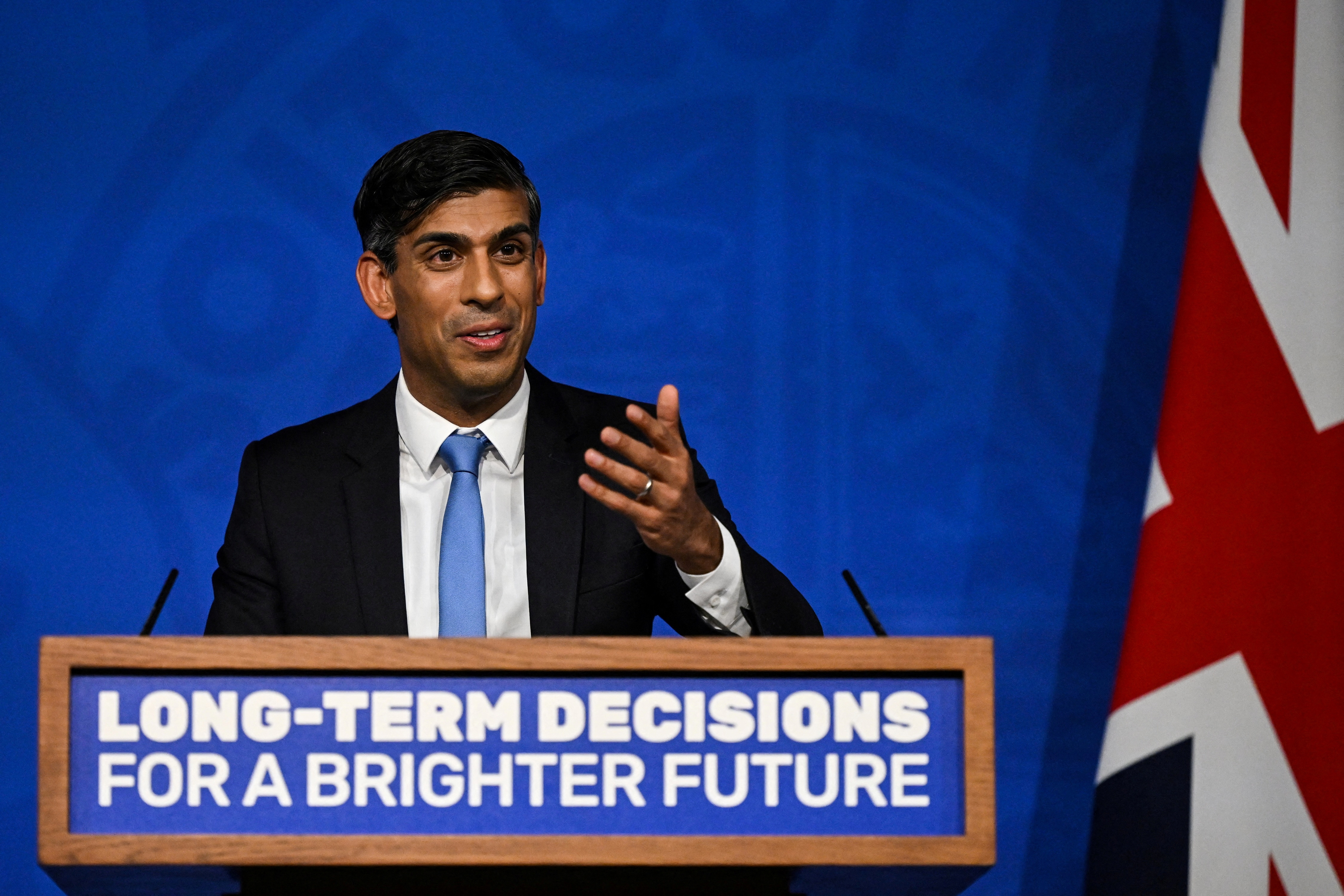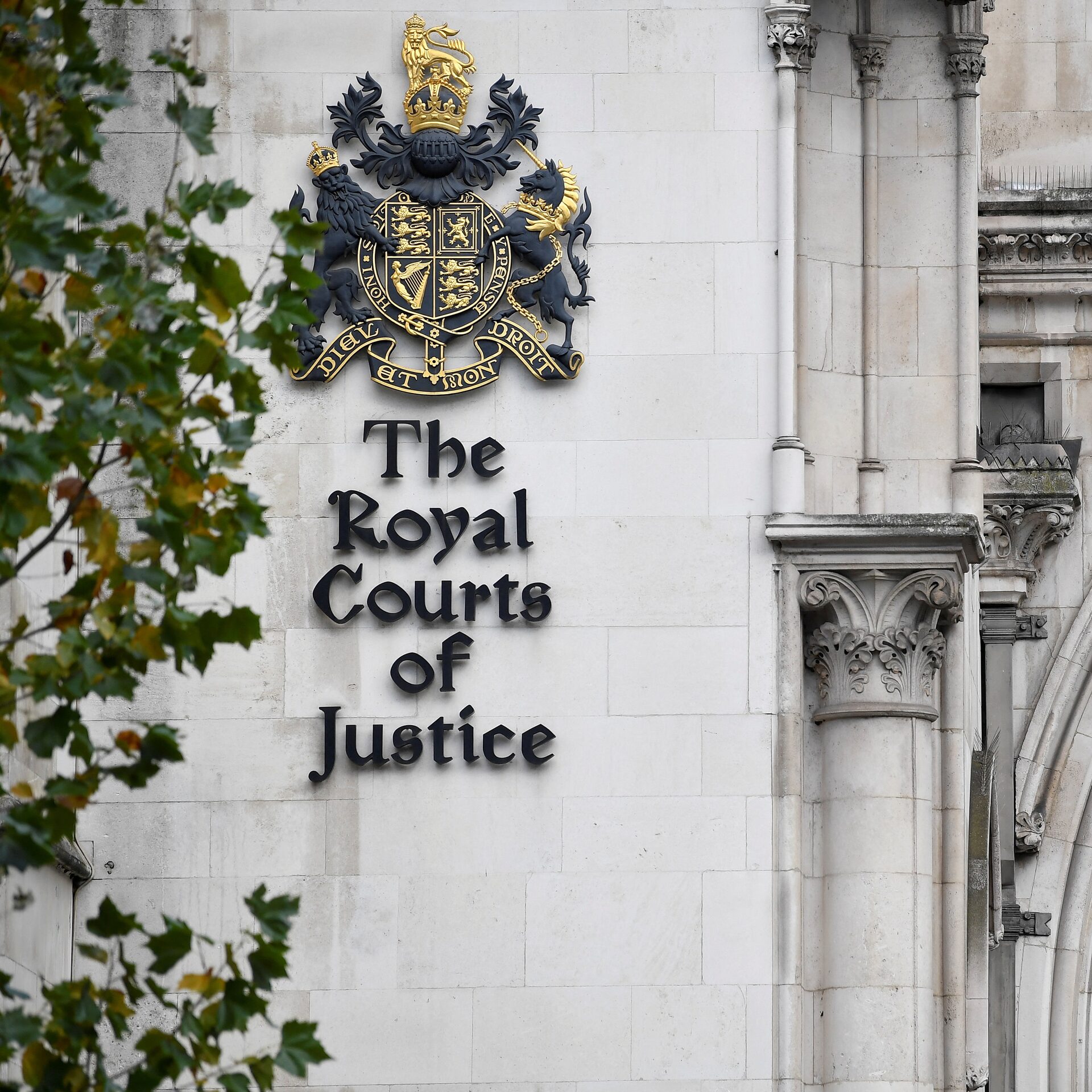The UK government has been caught in a web of secrecy and negligence as it resettled thousands of Afghan refugees due to a catastrophic data breach that endangered lives. After a British official carelessly leaked the personal information of nearly 19,000 Afghans in February 2022, a covert scheme was launched to relocate those at risk from the Taliban. The shocking details of this operation have only just emerged following a High Court ruling that lifted a super-injunction designed to keep the government’s actions under wraps.
Data Breach Puts Lives in Danger
In August 2023, it was revealed that the personal information of Afghans who had sought refuge in the UK post-Taliban takeover had been made available online, triggering widespread panic among the affected individuals. The leak included names, contact details, and family information, raising the stakes for those already vulnerable to Taliban reprisals. According to BBC News, the breach was the result of a spreadsheet being emailed outside of authorized government systems, a gross oversight that has sent ripples of fear throughout the Afghan community.
Government"s Secretive Response
To address the fallout from this massive breach, the UK government initiated a secret resettlement scheme known as the Afghan Relocation Route in April 2024. This operation has seen approximately 4,500 Afghans relocated to safety in the UK at an estimated cost of £400 million, with projections suggesting total expenses could escalate to £850 million. Yet, the government’s handling of the situation raises serious questions about accountability and transparency.
\n\n
Britain"s Sunak tries to reclaim climate narrative with $2 ...
High Court Ruling Exposes Government Secrecy
The lid was blown off this covert operation when a High Court judge ruled to lift the super-injunction that had barred media outlets from reporting on the breach. Justice Chamberlain highlighted the severe implications for free speech and accountability within a democratic society, stating that the injunction created a "scrutiny vacuum" that allowed the government to operate without oversight. This is especially egregious given that the government had previously labeled the evacuation and resettlement efforts as a “disaster” and a “betrayal,” per a 2022 inquiry by the Foreign Affairs Committee.
Unresolved Consequences for Exposed Individuals
Despite the relocation of thousands, many remain at risk. The Ministry of Defence estimates that around 2,400 individuals, including Afghan soldiers and their families, are still trapped in Afghanistan, exposed to Taliban threats. The UK government has promised to honor relocation offers for these individuals but has provided little reassurance regarding their safety. According to The New York Times, the investigation found that the Taliban might already possess key information from the leaked data, raising concerns about the true level of risk faced by those exposed.
\n\n
Failed London Capital & Finance was Ponzi scheme, High ...
Implications for Government Accountability
This incident underscores a profound failure in governance and data protection protocols. Shadow Defence Secretary James Cartlidge condemned the data leak as an "unacceptable breach of all relevant data protocols," reflecting growing frustration with government negligence. It also raises urgent questions about the ethical responsibilities governments have toward refugees, especially those who have risked their lives for foreign entities. With Defence Secretary John Healey offering only a vague apology to the victims, one cannot help but wonder if this is merely a public relations maneuver rather than a genuine acknowledgment of the suffering caused.
The broader implications of this breach extend beyond individual safety; they call into question the integrity of the UK"s immigration policies and the treatment of refugees. As the UK grapples with its responsibilities toward those who have fled persecution, it must also confront its own failures in protecting the very individuals it sought to assist. This incident serves as a stark reminder that the fight for justice and accountability is far from over, especially for the most marginalized among us.

![[Video] Federal officers deploy sting balls and flash grenades at Whipple Building](/_next/image?url=%2Fapi%2Fimage%2Fthumbnails%2Fthumbnail-1768340555229-vhfcc-thumbnail.jpg&w=3840&q=75)
![[Video] Crowd-control weapons used in Minneapolis as anti-ICE protesters attack police vehicle](/_next/image?url=%2Fapi%2Fimage%2Fthumbnails%2Fthumbnail-1768336302231-akxf7s-thumbnail.jpg&w=3840&q=75)

![[Video] Protests erupt in Minneapolis after ICE detains teenager, multiple arrests made](/_next/image?url=%2Fapi%2Fimage%2Fthumbnails%2Fthumbnail-1768331835371-z9ylqg-thumbnail.jpg&w=3840&q=75)


![[Video] Gunfire between Iraqi security forces and Sadr militias in Baghdad](/_next/image?url=%2Fapi%2Fimage%2Fthumbnails%2Fthumbnail-1768343508874-4redb-thumbnail.jpg&w=3840&q=75)
